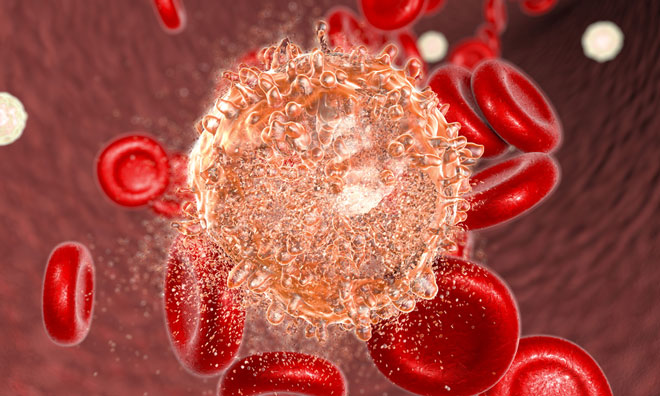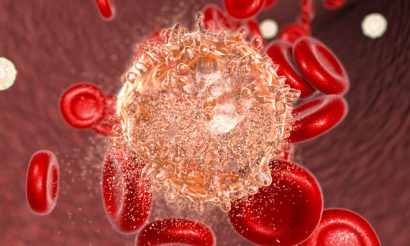EC approves Teva’s Acute Promyelocytic Leukaemia drug
Posted: 28 November 2016 | | No comments yet
It is the first time that a form of acute leukaemia can be effectively treated with a regimen that is entirely chemotherapy-free…


Teva Pharmaceuticals has obtained approval from the European Commission for an indication extension of Trisenox (arsenic trioxide).


This marks an important advancement in treatment for Acute Promyelocytic Leukaemia (APL) patients in Europe, as it is the first time that a form of acute leukaemia can be effectively treated with a regimen that is entirely chemotherapy-free.
APL is a rare and aggressive type of acute leukaemia that can kill within hours or days if left untreated. Trisenox, in combination with retinoic acid, has shown a 99% overall survival rate with almost no relapses after more than four years (50 months) of median follow-up.
“Teva is committed to providing wider access to high-quality medicines to ensure more people can benefit from the treatments they need. We’re very pleased by this decision of the European Commission, and we look forward to offering a chemotherapy-free treatment option for all newly diagnosed APL patients,” said Rob Koremans, MD, President & CEO, Teva Global Specialty Medicines.
The decision by the European Commission, which follows a positive recommendation from the Committee for Medicinal Products for Human Use (CHMP) of the European Medicines Agency (EMA) on October 13, grants marketing authorisation for first line use of Trisenox in the 28 countries of the European Union.
The indication extension is for newly diagnosed low to intermediate risk Acute Promyelocytic Leukaemia (APL) in combination with retinoic acid.




